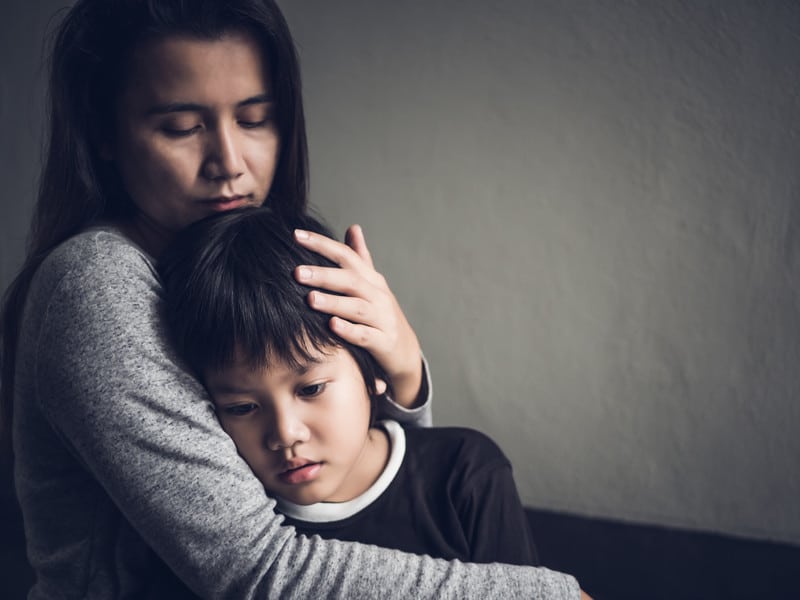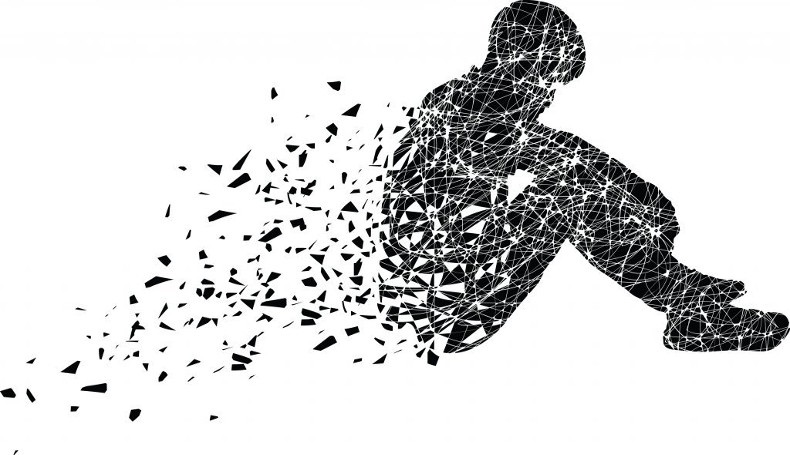As a parent, do we know how to help a child, our child if he or she is suffering from a traumatic event, be it violent, sexual abuse, or bullying in school? Bullying in school is not a threat, right now, due to the pandemic, but what has been going with your child lately? He is crying, (I will use he, but mean both male and female) screaming, wakes up screaming, and or crying. What is going on? Then, what? Now he has wet the bed.
He is too afraid to talk about it. Remind him, just like they talked to him in school, he can talk to you, and you promise not to get mad. If he says “nothing has happened.” He is not ready to tell you about it, don’t rush it. Let him know that he can talk to you about anything, and you will not get angry at him.
 He could be worried about what will you do to the person who has hurt him. He could get in trouble by telling you who is doing something to him and what is going on.
He could be worried about what will you do to the person who has hurt him. He could get in trouble by telling you who is doing something to him and what is going on.
There could be many factors that might prevent him from opening up to you. Assure him you love him and let him know that he can talk to you about anything. Look him in the eyes, and tell him you love him, and as you hug him, listen to his tone and notice his body reactions. Is he trembling as you hugged him? Did he start to cry, or did big tears just drain his eyes?
Children absorb emotional support. They need reassurance that they are safe with you. PTSD is a very common mental health affliction that could be visited upon anyone who has suffered a traumatic event of violence, or sexual abuse. This condition is often accompanied by depression, anxiety, and panic attacks. They may keep getting frightened, confused, and have flashbacks.
This may get worse, so, please get professional help.
In teenagers
This condition could get worse as he turns into a teenager, his anger could get seriously worse. There are other signs of PSTD symptoms, depressed mood, headaches, stomach pain, lack of concentration, focus, lack of sleep, bedwetting, and many other negative reactions.
Report to a therapist, other disturbing things you have seen that might be important for the therapist to give assistance and attention to.
Coping and support
There will be many ups and downs potentially tantrums from your child and family living around the same household where the dramatic event took place. It can be frightening and energy-draining for the family as a whole.
You can find resources for help by calling “Center for families” they are open 8 am to 7 pm. and Saturdays from 9 to 1 Please call 617-355-6279. That can give more information for help and direct you to the right resources.
- Tell your child it is “OK” to ask you any questions he/she may have about his PTSD.
- Tell them it is OK for them to come and talk to you or another person they truly trust..
- Set a certain rule that they could follow just in case he may need help. Repeat certain rules to make sure they are understood.
- Go to family therapy. Be honest during the sessions. Adults should be good examples of how to talk and share.
Do relaxation exercises with your child to help soothing as needed. This could help during episodes of depression, anxiousness, or other chaos-causing episodes. This can be helpful for any other household member including dad.
- A quick and easy relaxation technique to soothe anxiety is calm breathing. Have your child practice this by taking a slow breath in through the nose for about 4 counts. Then, have them hold their breath for 1 or 2 counts. Exhale through the mouth.
- Wait a few seconds and then repeat for 5 to 10 breaths or until they start to feel calm
- Other helpful soothing techniques that your child can learn include guided imagery using playful characters or visualization of parks or other pleasant imagery.
Dealing with this unfortunate experience with a beloved child may be very difficult at times, but as your child matures as an adult, they will remember your loving embrace to conquer this disease, making him a better and healthier survivor.
Many blessings and may God bless all involved in creating a loving survivor of PTSD.
